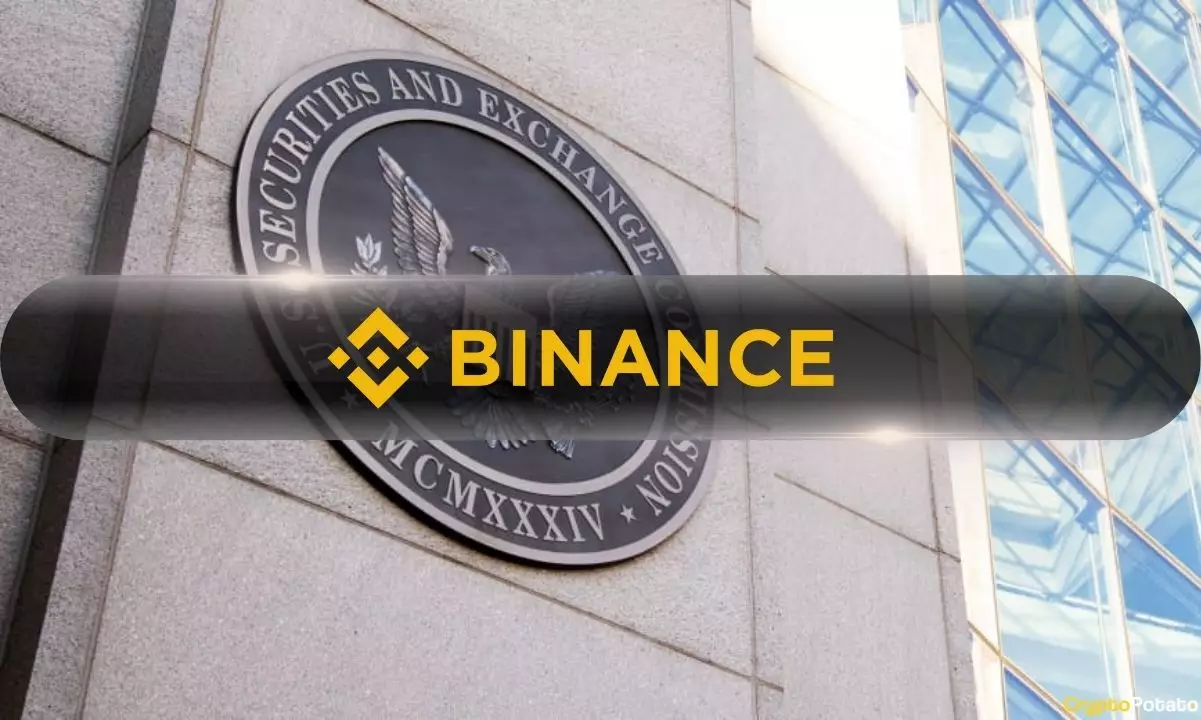The ongoing legal confrontation between the U.S. Securities and Exchange Commission (SEC) and the cryptocurrency exchange Binance has spotlighted significant issues within the digital asset landscape. With the SEC accusing Binance, its U.S. counterpart Binance.US, and former CEO Changpeng Zhao of operating an unregistered securities exchange, the implications of this lawsuit extend beyond the realm of cryptocurrency trading. Central to this case is the Howey Test, a regulatory yardstick for determining what constitutes a security. This legal predicament raises broader questions about cryptocurrency regulation, investor protections, and the future landscape of digital finance.
At the core of the SEC’s accusations is the allegation that Binance facilitated trading in its native token, BNB, along with ten other cryptocurrencies labeled as securities. The Howey Test serves as a critical legal framework here, which seeks to identify whether there was an investment of money in a common enterprise with an expectation of profits predominantly from the efforts of others. The SEC argues that this triad is satisfied in the Binance case, primarily asserting that users viewed the appreciation of their assets as directly influenced by the success of Binance’s broader ecosystem.
The SEC’s claim extends beyond mere token trading, asserting that even secondary market transactions should be classified under securities laws. This move reflects a comprehensive stance aimed at encompassing a wide array of cryptocurrency activities, stepping into areas previously considered loosely regulated or even out of reach of financial oversight.
The SEC’s case initially received criticism from Judge Amy Berman Jackson, who raised several concerns about the regulatory framework being applied. In response, the SEC amended its filing to bolster its arguments. Nonetheless, Binance and Zhao have pushed back, filing a motion to dismiss the case on November 4, guided by the assertion that the regulator’s evidence remains insufficient. This legal tug-of-war highlights not only the contentious nature of crypto regulation but also the complexities involved in adapting traditional financial laws to a nascent and rapidly evolving digital economy.
In its amended filing, the SEC reasserted its positions regarding BNB and the aforementioned cryptocurrencies—including well-known assets like Solana, Cardano, and others—classifying them as securities. This expansive definition could set a precedent impacting future transactions and offerings in the cryptocurrency market.
Despite the SEC’s determination to enforce regulations, significant resistance has emerged from various corners of the crypto industry. Prominent figures have criticized the SEC’s approach as inconsistent and overreaching. For example, Paul Grewal, the legal chief of Coinbase, challenged the lack of clarity regarding Ethereum and Bitcoin, neither of which have been designated as securities by the SEC. Such discrepancies highlight the ongoing struggle for regulatory clarity and fairness in an industry characterized by innovation and rapid growth.
Stuart Alderoty, Ripple’s chief legal officer, has voiced similar frustrations regarding SEC Chair Gary Gensler’s actions, accusing him of hastening to finalize regulatory filings before his impending departure. The exchanges’ views underscore a collective concern that regulatory decisions may not only lack consistency but also harm the broader crypto ecosystem.
As the legal tussle unfolds, the implications for the cryptocurrency market hang in the balance. The SEC’s stance illustrates a determination to wield regulatory power over a sector often perceived as lacking oversight. However, the pushback from within the industry reflects deep-seated concerns about the implications of such power, especially as it relates to innovation, investment, and user rights.
The evolving dynamics of this case invite broader contemplation of how regulatory bodies can effectively engage with an industry that defies traditional financial categorizations. Ultimately, the resolution may serve as a pivotal moment in defining the future parameters of cryptocurrency regulation in the United States, leaving both industry participants and regulators grappling with the lessons learned from this unprecedented legal journey.

